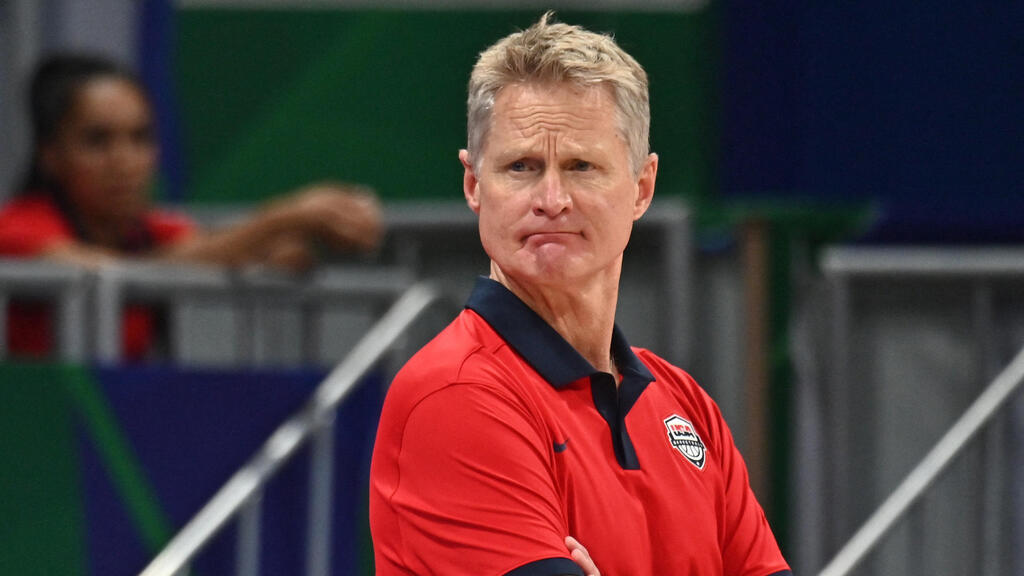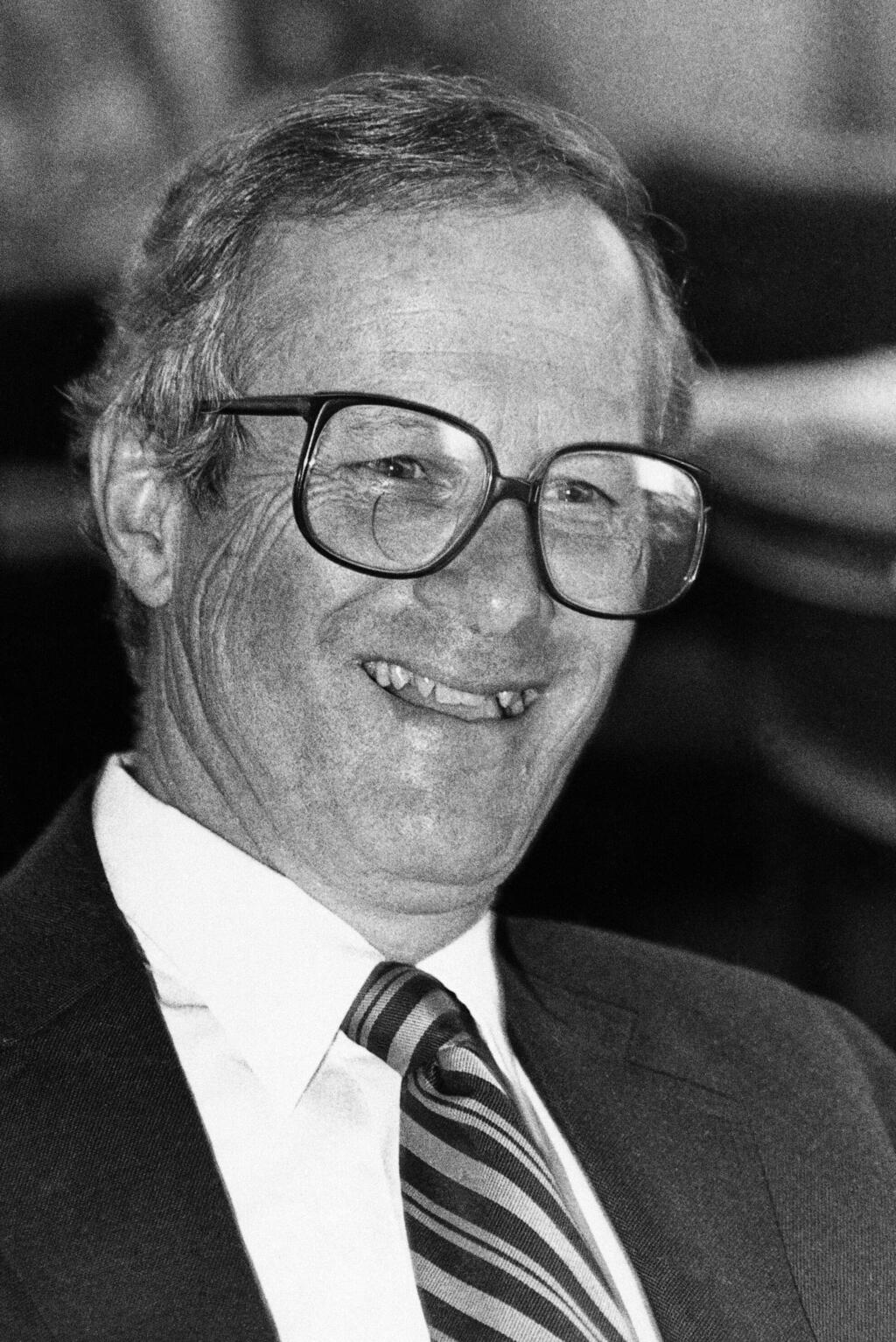In the world of corporate sports, where every word is filtered through lawyers and PR firms for the appropriate softening before it reaches the public, Steve Kerr and Gregg Popovich have been beacons of courage, speaking out for social justice, equality, and against discrimination and racism. Even before the echoes of gunfire from the latest massacre faded, Kerr was often found at a podium or in the locker room, surrounded by microphones, refusing to discuss sports while addressing gun violence, police brutality against minorities, and incidents of racism.
However, after October 7, following the deadliest massacre of Jews since the Holocaust, Kerr’s urgency to respond diminished. When he did speak up, he chose to address the suffering on both sides. The Jewish suffering did not suffice; it needed a progressive comparison. While he was horrified by the massacre, he also expressed concern for the suffering of Gazans.
Compared to his past outspoken stance, one might expect more empathy from Kerr, especially considering that in 1984, when he was 18, his father, Malcolm Kerr, was murdered by two gunshots to the back of his neck outside his office at the American University in Beirut. Kerr has frequently discussed how that tragedy shaped his worldview and life as an adult.
One would expect him to show greater compassion and empathy for victims of terrorism. Islamic Jihad took responsibility for his father's murder, vowing that no foreigner would remain alive on sacred Lebanese soil, a promise they pursued vigorously.
Eventually, Hezbollah emerged from this organization. The identities of the murderers were never definitively revealed, but most theories pointed to two individuals believed to be responsible for Malcolm Kerr's assassination: Ibrahim Aqil and Fuad Shkur, both of whom rose to prominence in Hezbollah, a group responsible for the deaths of hundreds, if not thousands, of Americans.
In July and September, Israel eliminated these key figures, closing a 40-year chapter for the Kerr family. Don’t expect thanks from Kerr, though; that sentiment isn’t in his progressive lexicon. Perhaps he will mumble something about the pain of the victims’ families.



